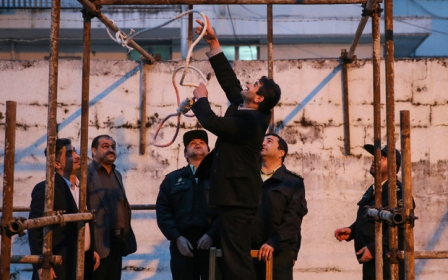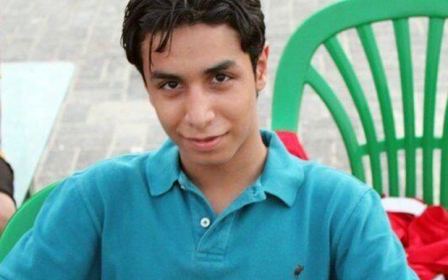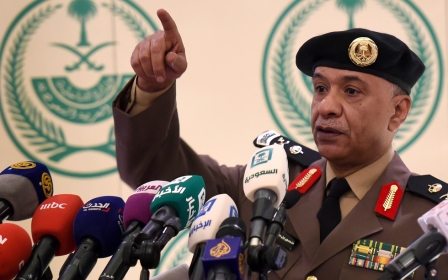Saudi Arabia contradicts itself on child executions at UN

Saudi Arabia has admitted to the UN in writing that it sentences children to death, despite denying the accusation in oral evidence to the body’s child rights committee last week.
The Saudi delegation to the UN’s Committee on the Rights of the Child said last week, in a live webcast, that “the crime must have been committed by a perpetrator who is an adult at the time in order for them to be sentenced to capital punishment”.
According to the delegation’s oral evidence, “the age of liability is always 18” in Saudi Arabia.
However, in written evidence to the same committee, the Saudi delegation confirmed that children as young as 15 can be sentenced to death in the kingdom.
Executing people who were juveniles at the time of the offence is illegal under international law.
A written reply to a list of issues put forward by the Committee on the Rights of the Child admitted that children who commit serious crimes can be sentenced to death, but cannot be executed until they reach the age of 18.
“Children who have reached the age of 15 and commit a qisas or hudud offence face qisas or hudud penalties depending on their offence, although the penalty is not enforced until they reach the age of 18,” the delegation wrote.
In the Saudi legal system, which is based on a hardline interpretation of Islamic scripture, qisas offences are those for which the victim, or relatives of the victim, can carry out a punishment of “retaliation in kind” against the accused.
Murder and manslaughter are listed as qisas crimes, which can be punished with execution, in Saudi Arabia’s penal code.
Hudud crimes relate to a category of crimes that are specifically mentioned in Islamic scripture – they include blasphemy, theft, adultery, slander and banditry.
A number of people sentenced to death as juveniles are currently still on death row in Saudi Arabia.
Ali al-Nimr, the nephew of a prominent Shia cleric whose execution earlier this year sparked mass protests, is facing the death sentence for anti-government protests when he was under 18.
Two others were convicted alongside him in similar cases. Earlier this year, authorities executed Ali al-Ribh, who had been arrested from a school class aged 17 due to activism calling for reform.
The Saudi government's apparent contradiction over its stance on child executions was reported on Friday by Reprieve, a UK-based anti-death penalty charity.
Harriet McCulloch, deputy director of Reprieve’s death penalty team, decried what she called the Saudi government’s “propaganda” aimed at the international community.
“It is outrageous for Saudi Arabia to lie to the UN and pretend that children are not sentenced to death in the kingdom.
“The international community should not fall for the Saudi government’s propaganda.
“Saudi Arabia has already executed juveniles…this year. The UK Foreign Secretary must urgently call for all death sentences imposed on juveniles to be overturned.”
New MEE newsletter: Jerusalem Dispatch
Sign up to get the latest insights and analysis on Israel-Palestine, alongside Turkey Unpacked and other MEE newsletters
Middle East Eye delivers independent and unrivalled coverage and analysis of the Middle East, North Africa and beyond. To learn more about republishing this content and the associated fees, please fill out this form. More about MEE can be found here.




